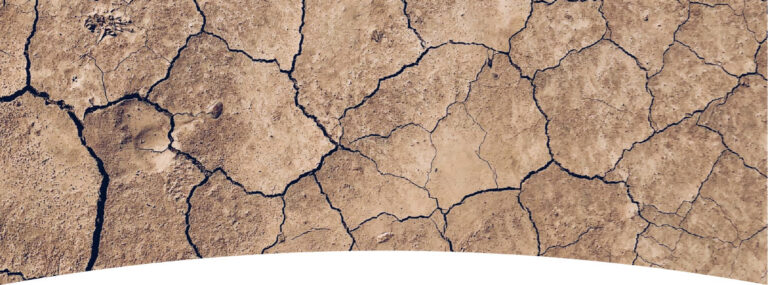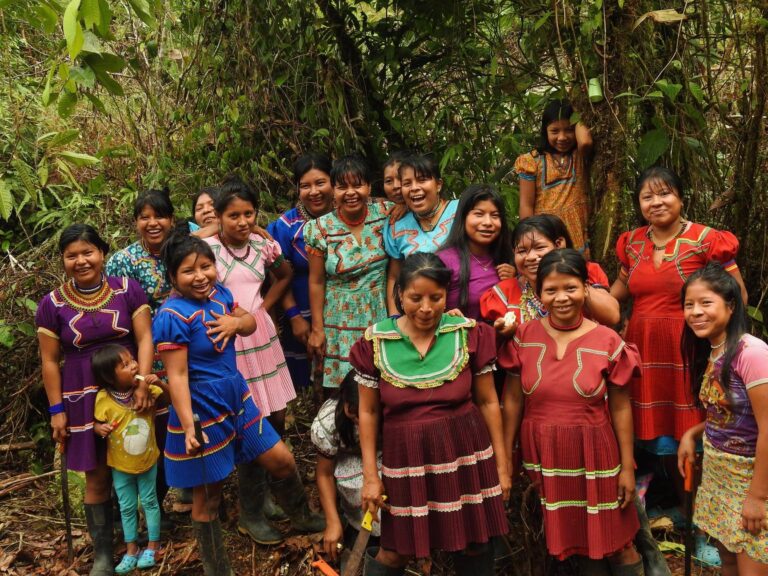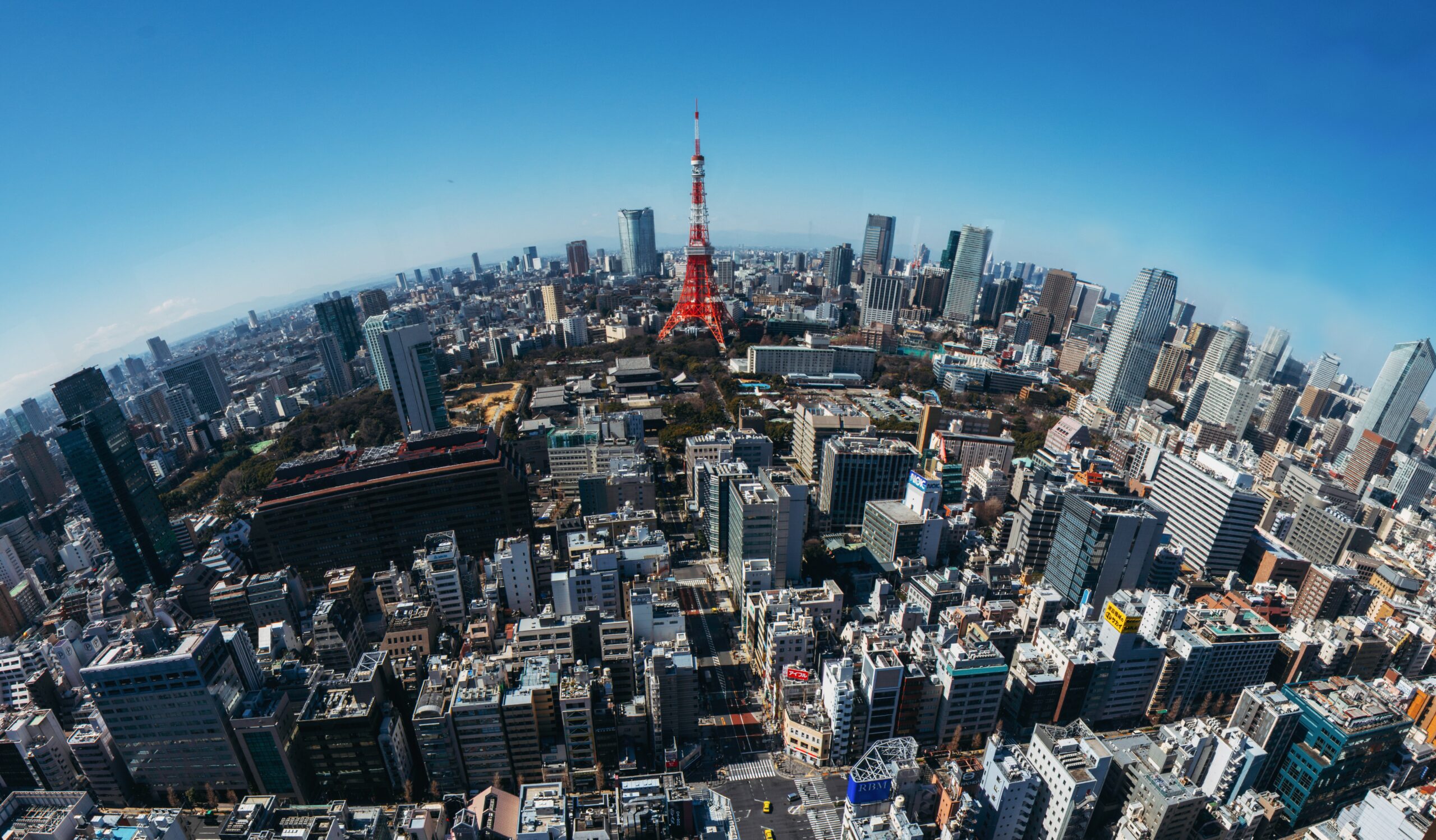
Welcome to the Anthropocene
Human beings have existed for just 200,000 years, yet our impact on the planet is so great that scientists around the world are calling for our period in the Earth’s history to be named the ‘Anthropocene’ – the age of humans. The changes we are now making have exacted a heavy toll on the natural world around us. It’s vital that people understand the impact we have. Help us spread the word.
We’ve just welcomed the 8 billionth member of the human race on this planet. That’s a wonderful birth of a baby, of course. But we need to understand that the more people there are, the more we put the Earth under heavy pressure.
Inger Andersen, Executive Director, UN Environment Programme
Two hundred years ago, there were less than a billion people on Earth. Today, there are 8 billion and our population is still growing. According to the United Nations, unless we take action there is likely to be over 20% more of us by 2050 and 10.4 billion people by 2100.
Every one of us places demands upon our planet—the very demands that have caused the changes that threaten us and the natural world we depend on.
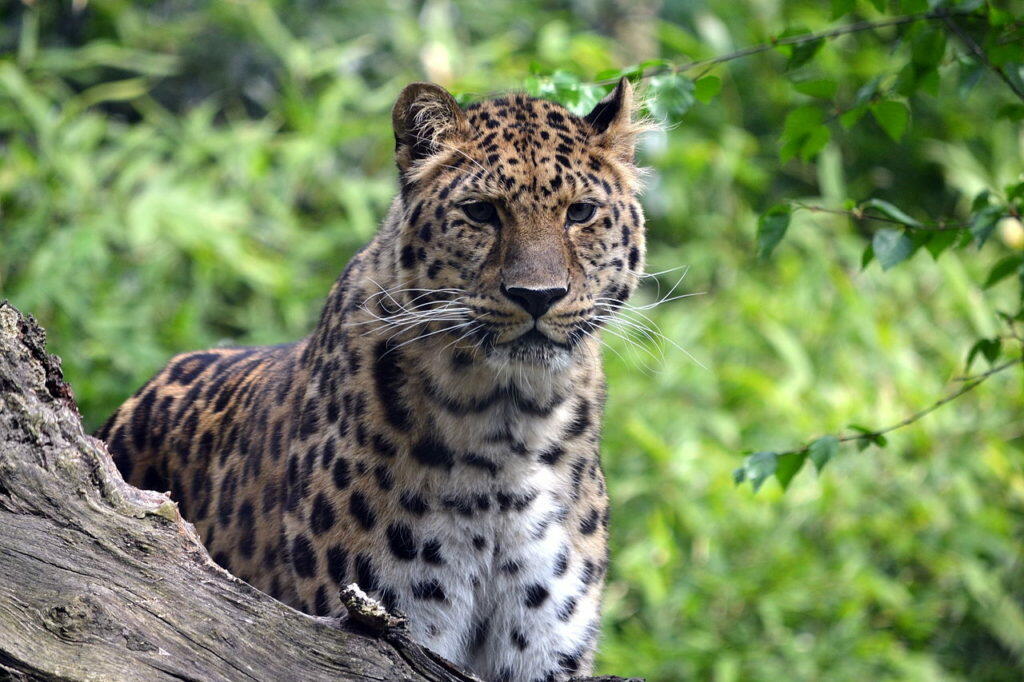
The era of the Anthropocene has been marked by environmental destruction, but as an intelligent species we are aware of our actions and can choose to reduce our impact upon the planet – beginning with recognising the need to reduce our demand and our numbers.
Population Health Environment (PHE) addresses population pressure on the environment through choice-based family planning programs integrated into nature conservation projects.
Currently PHE approaches are not actively funded by the UK government, despite achieving better results than isolated reproductive health or conservation projects. You can find out more information about the success of PHE projects here.
Support our campaign to promote PHE as a vital solution to the nature crisis.
THE SIXTH MASS EXTINCTION
- According to recent estimates, species are becoming extinct at least 1,000 times faster than they would without human impacts.
- Populations of wild animals have declined by more than two-thirds since 1970, while the human population has more than doubled.
- Only five times before in our planet’s history have so many species and so much biodiversity been lost so quickly. The fifth was when the dinosaurs were wiped out. That is why scientists and conservationists call what is happening now the Sixth Mass Extinction. Some have even described the loss of biodiversity today as ‘biological annihilation’.
ANTHROPOCENE AIR, WATER, AND WEATHER
- Because of industry, agriculture and fossil fuel use, carbon dioxide in the air is at its highest level for millions of years. At the same time, disruption of other chemical cycles is turning seas and rivers into dead zones.
- Climate change is already affecting the world around us. Global warming is causing glaciers to melt, sea levels to rise, species to go extinct and severe weather events such as floods, droughts, and hurricanes to increase.
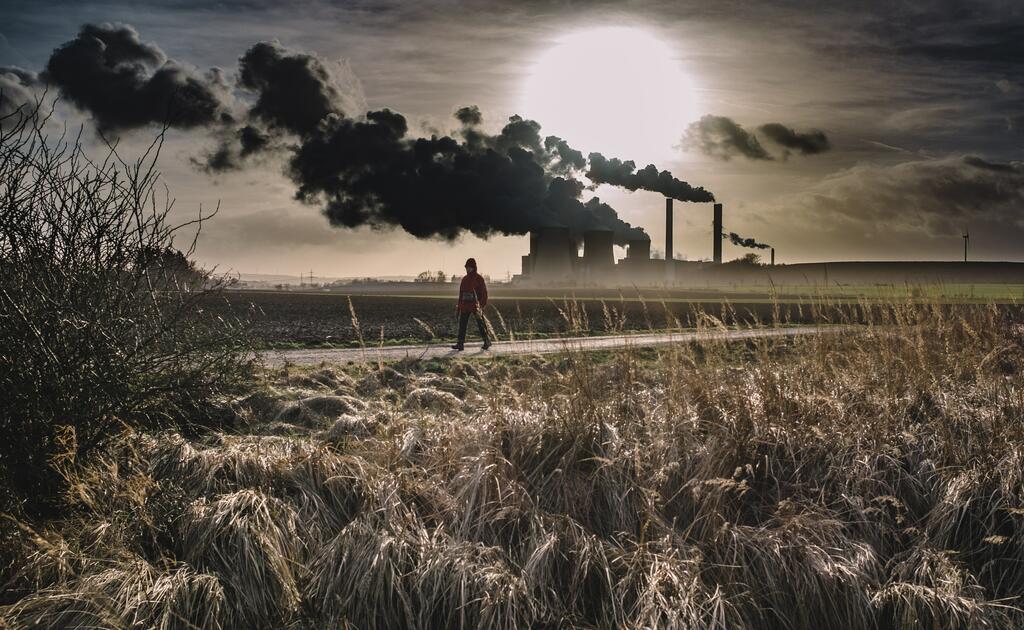
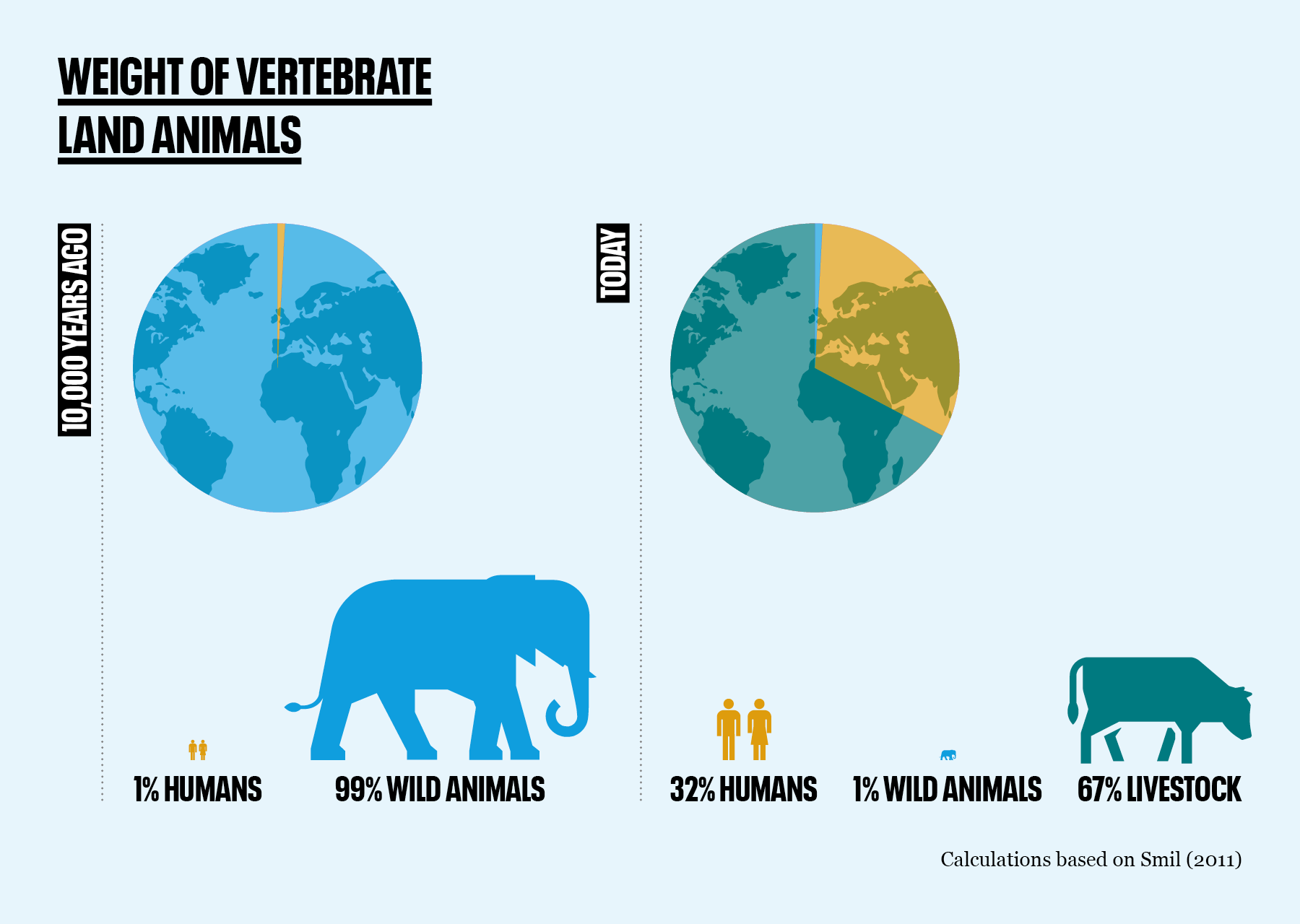
TURNING THINGS AROUND
We can and must ease the pressure on our world. As individuals and communities, we can take action such as buying less, reusing and recycling more, moving towards a plant-based diet and ensuring what we do use and consume is as sustainable as possible.
Above all, we can choose to have smaller families.
As long as our numbers are growing, the value of every other action we take risks being cancelled out by the demands and needs of new people joining the population.
SAVING THE WORLD
Unsustainable global population growth is not inevitable. United Nations projections show that if we start taking action now, we can end it and actually start bringing our numbers down to a more sustainable level within the next few decades. Here’s what we need to do:
- Empower women worldwide with the freedom to choose their family size
- Ensure universal access to modern family planning and quality education
- Normalise and promote small families
We also need to tackle overconsumption in wealthy nations and work to advance global justice and eco-friendlier economic systems.


JOIN THE CAMPAIGN
There are things we all must do to address this crisis. Above and beyond that, action from global leaders is urgent and essential. They must do more on climate change, and they must start to give our extinction crisis the urgent attention it needs. Put pressure on them for action.


